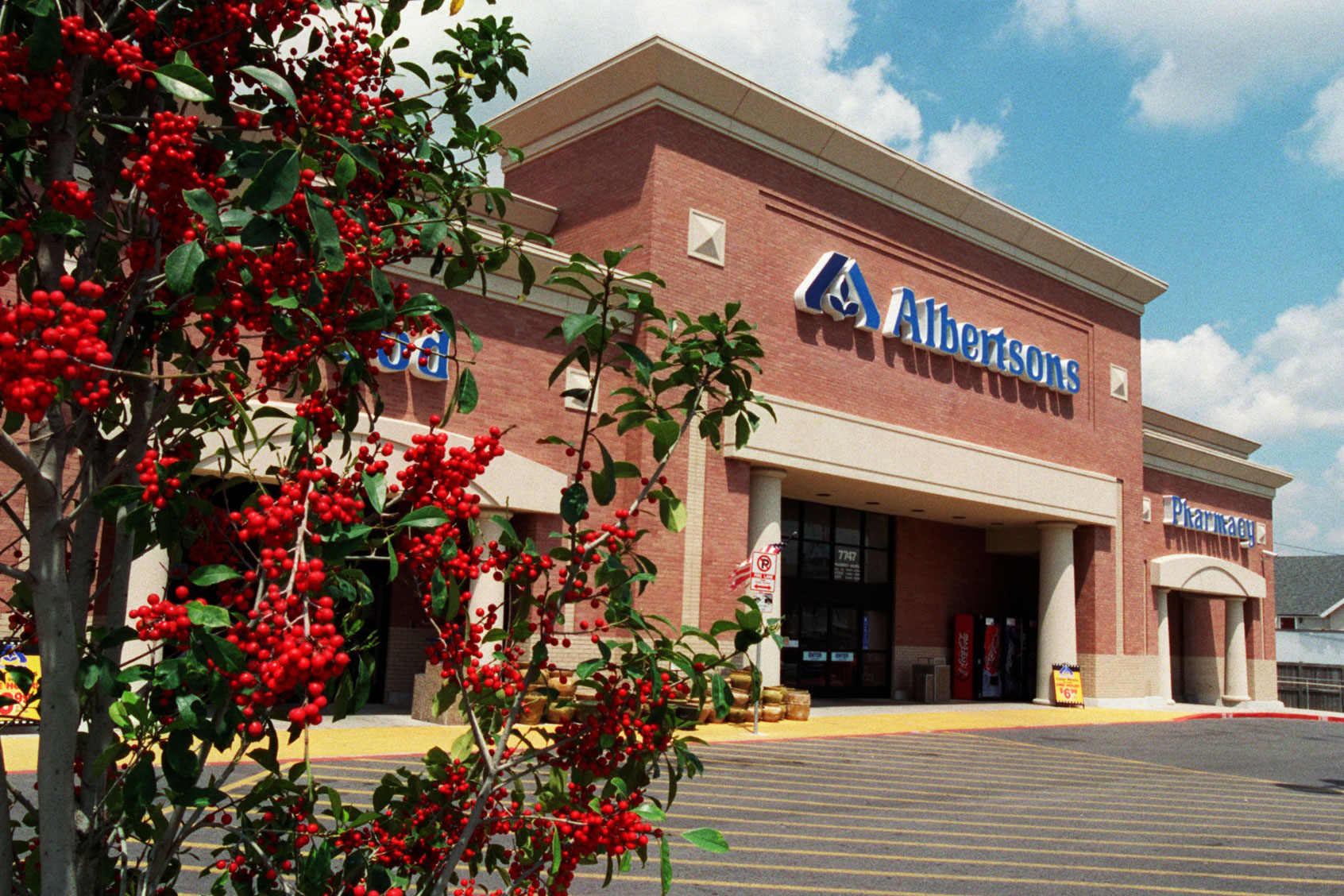Washington state Attorney General Bob Ferguson has sued to block the proposed $25 billion merger between supermarket giants Kroger and Albertsons, alleging that it would harm consumers and hike up prices. In the suit filed Monday in King County Superior Court, Ferguson argued that the merger would “severely limit” grocery store options for Washington residents and “eliminate vital competition” between the two chains, CNN reported.
“This merger is bad for Washington shoppers and workers,” Ferguson said. “Shoppers will have fewer choices and less competition, and, without a competitive marketplace, they will pay higher prices at the grocery store.”
Kroger and Albertsons have more than 300 locations in Washington and are responsible for more than half of the state’s grocery sales, the lawsuit specified. Kroger, which owns QFC and Fred Meyer, announced in 2022 that it would acquire Albertsons, which owns both Safeway and Haggen. The megamerger was initially set to take place early 2024 but has been pushed back by both companies. Kroger and Albertsons said in a statement to Axios that their revised timeline is “in the first half of Kroger's fiscal 2024,” which ends on Aug. 12.
“The merging parties will vigorously defend this in court because we care deeply about our customers and the communities we serve, and this merger will result in the best outcomes for Washington consumers,” a spokesperson for Kroger and Albertsons told CNN. The Seattle Times reported that Ferguson’s lawsuit was endorsed by United Food & Commercial Workers, Local 3000, which represents Kroger and Albertsons employees in Washington, northeast Oregon and northern Idaho.

